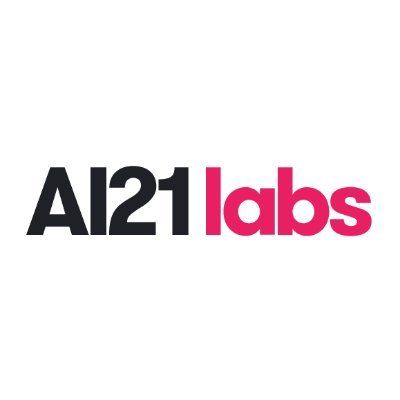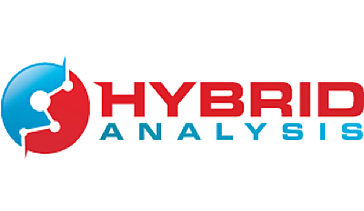
Studio by AI21 Labs
AI21 Studio is a developer platform from AI21 Labs that provides access to large language models (LLMs) through APIs. It offers text generation, summarisation, paraphrasing, and custom language model fine-tuning, giving businesses the building blocks to add AI-powered text capabilities to their products and workflows.
What makes AI21 Studio useful for businesses is the range of purpose-built models it offers beyond basic text generation. The Jurassic and Jamba model families handle tasks like text completion, summarisation, and contextual answers, while specialised endpoints handle paraphrasing, grammar correction, and text segmentation. This means you can pick the right model for each specific task rather than using one general-purpose model for everything.
At Osher, we help businesses integrate AI21 Studio models into their operations through our custom AI development services. Whether you need automated report summarisation, intelligent document processing, or AI-powered content tools, we build the pipelines that connect AI21 models to your business systems using n8n and custom integrations. See our medical document classification case study for an example of how we deploy language models in production workflows.
AI21 Studio supports model fine-tuning on your own data, which means you can train the models to understand your industry terminology and writing style. For Australian businesses looking to add language AI capabilities without building models from scratch, it provides a practical middle ground between off-the-shelf chatbots and custom model training.

















